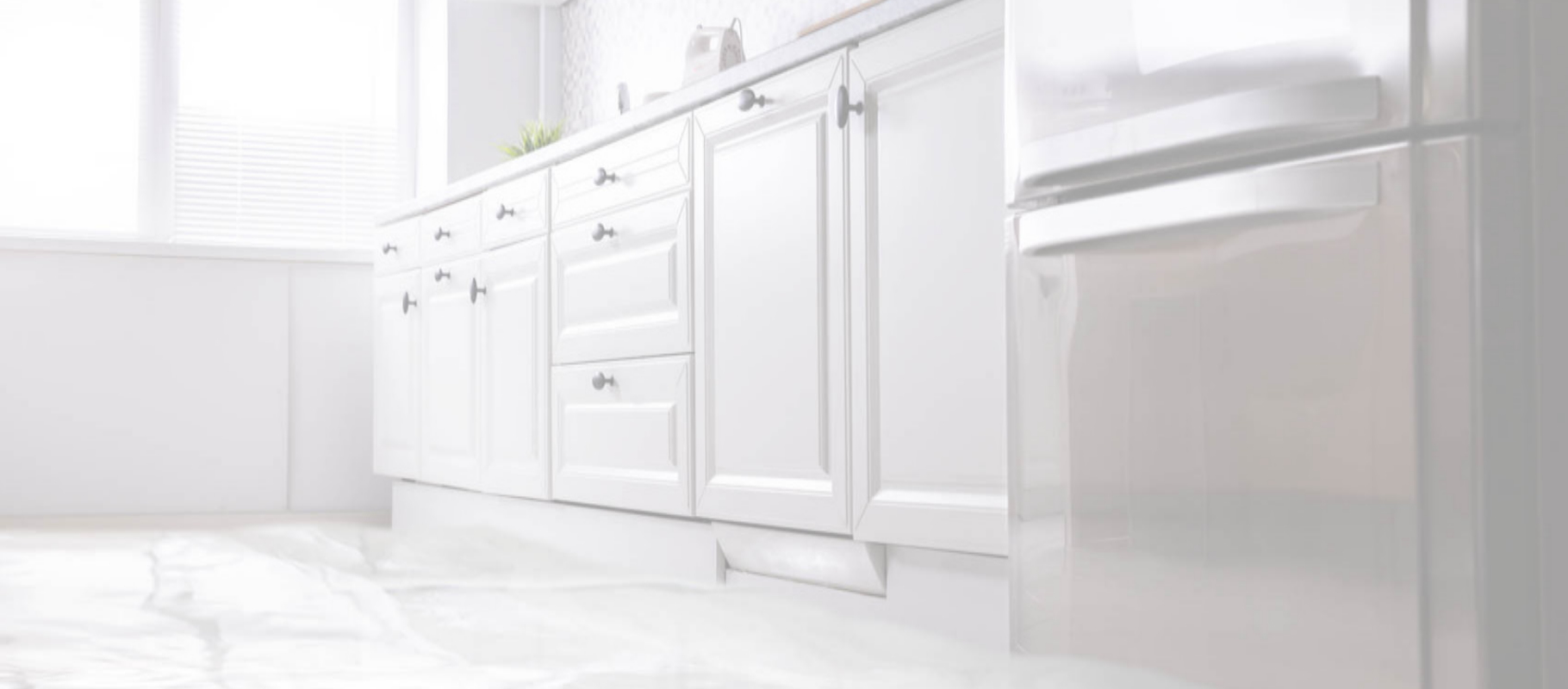24/7
Emergency Services
We Work Directly
With Your Insurance Company
We Help
Save You Money
How You Can Prevent 5 Common Winter Plumbing Problems

During these colder months in Connecticut, freezing weather can be tough on homes, doing serious damage to both the plumbing and the surrounding property. If you don’t take time to prepare upfront, you may face more significant repairs to your home. After all, broken plumbing opens the door to problems like water damage and mold.
Water damage, in particular, represents a threat to your property as it can facilitate dangerous bacterial and fungal growth that threatens your health. However, with the right preparation, you can prevent the winter weather from wreaking havoc on your plumbing. Here are five common problems that cold weather creates, as well as advice on how to solve them.
1. Preventing Frozen Pipes
As the temperature drops, water stuck inside of your pipes may freeze, expanding and damaging its surrounding encasing. It doesn’t matter if the pipes are indoors or outdoors; left untreated, pipes anywhere in the home can become hazardous to your property. Before your pipes have the chance to create water damage, take the following steps to prevent any plumbing mishaps.
For outdoor pipes, winterize your hose spigots before cold weather hits. Unhook that hose until springtime, and drain the water from it for safekeeping. If you can upgrade your spigots to frost-free bibbs, now is the time to do so. You can also add insulation to your outdoor piping to give it that extra layer of protection.
For indoor pipes, let your faucets drip during extreme freezes to keep water moving and unfrozen. Similarly, leave your cabinet doors under the sink open to keep heat circulating. Finally, you can insulate indoor pipes to secure them from the cold and avoid freezing.
2. Preventing Basement Flooding
Though it might be surprising, heavy snowfall increases your basement’s chance of flooding. When temperatures rise afterward, the water from the melted snow leaks into your basement and causes flooding. Old buildings with poor drainage and cracks in the foundation are at additional risk.
Keep your basement dry by cleaning your gutters during the fall to make sure that water is led away from your house. It’s important at this time to also double-check your outdoor drainage systems, if you have them. You should also consider installing a secondary sump pump to assist you if your main sump pump is overwhelmed by snowmelt.
3. Preventing Water Heater Problems
During the winter season, your water heater works harder than it does the rest of the year, doubly so during the holidays. If your water heater fails, it can prevent you from getting hot water or even contaminate your home’s water supply. So make sure to perform any necessary maintenance before it fails you. That might mean checking the pressure relief valve or hiring specialists to ensure everything is working properly. You can also protect your water heater by insulating in heater’s water inlet and outlet pipes so that they retain heat more efficiently.
4. Preventing Sump Pump Backup
While sump pumps can help protect your basement from flooding, they can experience all sorts of problems in the winter that prevent them from doing their jobs properly. Cold weather can cause sump pumps to freeze over or clog up, in turn preventing water leaking into your basement from draining safely.
To keep your home safe from water damage in the winter, take time to clean your sump pump before bad weather hits, removing any detritus that’s built up during the summer and fall. Be sure to follow-up by regularly testing your sump pump throughout the winter.
5. Preventing Frozen Septic Lines
Because they’re usually only protected by the ground itself, septic lines are prone to freezing. When septic lines freeze, they can stop your entire home’s plumbing from working properly, causing contaminated water to back up or overflow into your house. One way to help insulate your septic lines from bad weather is to place a layer of straw above them to trap heat; don’t compress dirt near the lines, since that can speed up the freezing process. Otherwise, try not to overwork your septic lines during winter weather to avoid unnecessary stress on the system.
Looking for Help With Connecticut Winter Water Damage?
If you’ve experienced plumbing problems or water damage this winter, consider reaching out to Riverside Restoration for help. We have 24/7 support and emergency response. Our team of professionals provides water damage restoration services as well as restoration services for mold, mildew, and fire damage. Riverside Restoration provides service for southern Connecticut in Cos Cob, Darien, Fairfield, Greenwich, New Canaan, Old Greenwich, Riverside, Southport, and Weston. Contact us today, and let us know what we can do to help!
Need Help with Restoration & Remediation?
Contact Riverside Restoration

